Staff and Healthcare Professionals: how to get involved
Opportunities to get involved
Consultants and Senior Medical Leaders
We have a range of Principal Investigators (PIs) and Chief Investigators (PIs) at Bradford Teaching Hospitals NHS Foundation Trust from a range of specialities. You can see some of the reasons why they take part in the table below. We would encourage everyone to think about taking on the role of PI and CI in our Trust. More information on the roles and responsibilities are available here: https://www.hra.nhs.uk/planning-and-improving-research/research-planning/roles-and-responsibilities/
Principal investigator pipeline scheme (for NMAHPs currently involved in research) : https://www.nihr.ac.uk/documents/principal-investigator-pipeline-programme-pipp/33803?utm_source=twitter-community&utm_medium=social&utm_campaign=shape-the-future&utm_content=pipp
Nurses and Midwives
The National Institute for Health research has so much to offer in terms of research careers and opportunities, especially currently for Nurses. Midwives and AHPs – which have been recognised as under-represented professions in research.
Here are some useful links if you are interested in being involved in research in your career:
GCP Training:
NIHR Nursing and Midwifery page: https://www.nihr.ac.uk/health-and-care-professionals/professions/nurses-and-midwives.htm
Undergraduate training package for nurses and midwives
The NIHR Nursing & Midwifery Pre registration toolkit has launched
We are pleased to announce the release of the following resource: NIHR Pre-Registration Nursing & Midwifery Research Delivery Awareness Programme.
This programme aims to provide all nurses and midwives with a good understanding of clinical research at the time of graduation. We hope that this will encourage newly qualified nurses and midwives to:
- act as advocates for the importance of research in impacting clinical care.
- make informed career choices through an understanding of the variety and evolving roles undertaken by nurses and midwives in research engagement and delivery.
This resource can be used in 2 ways:
1) Self-directed learning by nursing/midwifery students
2) Facilitated presentation by university lecturers in schools of health
The resources are available via this link on NIHR Learn: https://nihr.us6.list-manage.com/track/click?u=3ce25bd3fa7409d158dcc3133&id=31b2c0e29d&e=87ccfbc9ae
Students and lecturers will need to register for an account on NIHR Learn prior to accessing the resources. Details of how to register are on the site.
Undergraduate Internships: https://www.nihr.ac.uk/documents/nihr-undergraduate-internship-programme-guidance-notes-round-1/34754#nihr-undergraduate-internship-programme
NIHR support for starting careers as researchers: https://www.nihr.ac.uk/researchers/supporting-my-career-as-a-researcher/starting-your-research-career.htm#:~:text=The%20NIHR%20Undergraduate%20Internship%20Programme,internships%20on%20the%20students’%20behalf.
Senior Research Leader programme (annual intake): https://www.nihr.ac.uk/documents/senior-research-leader-nursing-and-midwifery-programme/31369
API Scheme (for clinicians not currently involved in research): https://www.nihr.ac.uk/health-and-care-professionals/training/associate-principal-investigator-scheme.htm
Academic opportunities such as PCAF/DCAF, Bridging schemes etc: https://www.nihr.ac.uk/explore-nihr/academy-programmes/hee-nihr-integrated-clinical-and-practitioner-academic-programme.htm#six
Why research is important to healthcare staff

Jennifer Rushton
Research is fully embedded in everything we do here at the trust in Bradford. As a medical secretary, I am often the first person our future research participants speak to, with queries or concerns. We are then able to guide them to the research team.
We have a diverse population within Bradford and sometimes “the best research you can do is talk to people”.
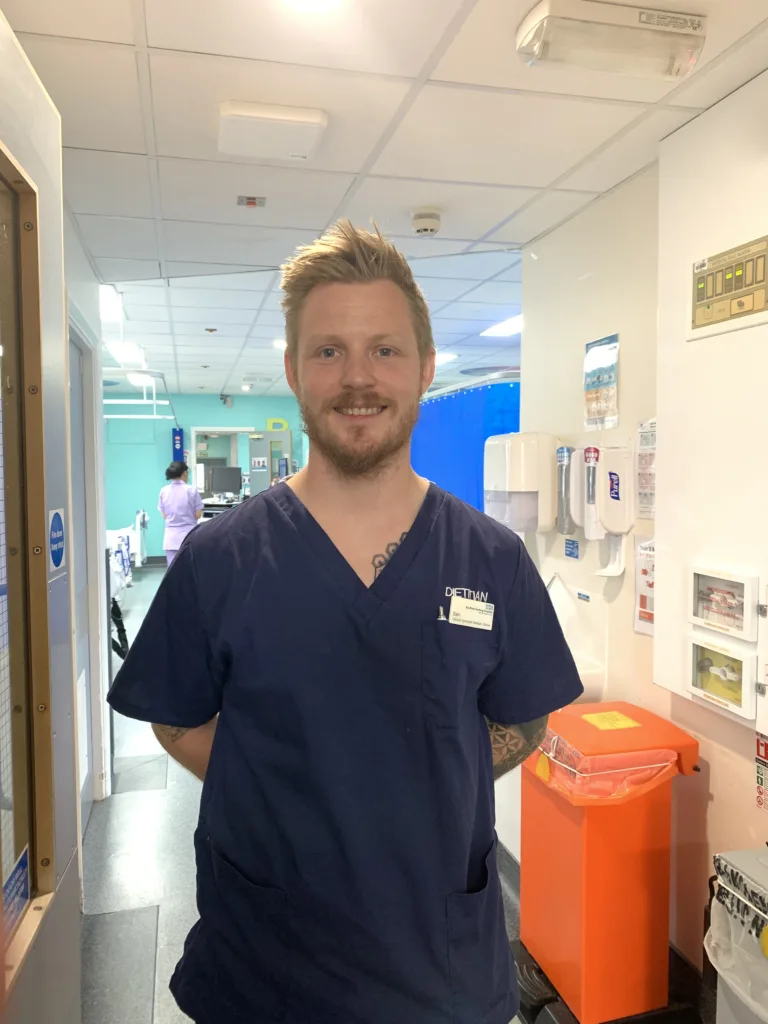
Sam Francis
Research is important to ensure our patients are receiving the highest quality, evidence based nutritional care.

Dr Helen Devonport
It’s only through research that we find the most effective and safe treatments for our patients.
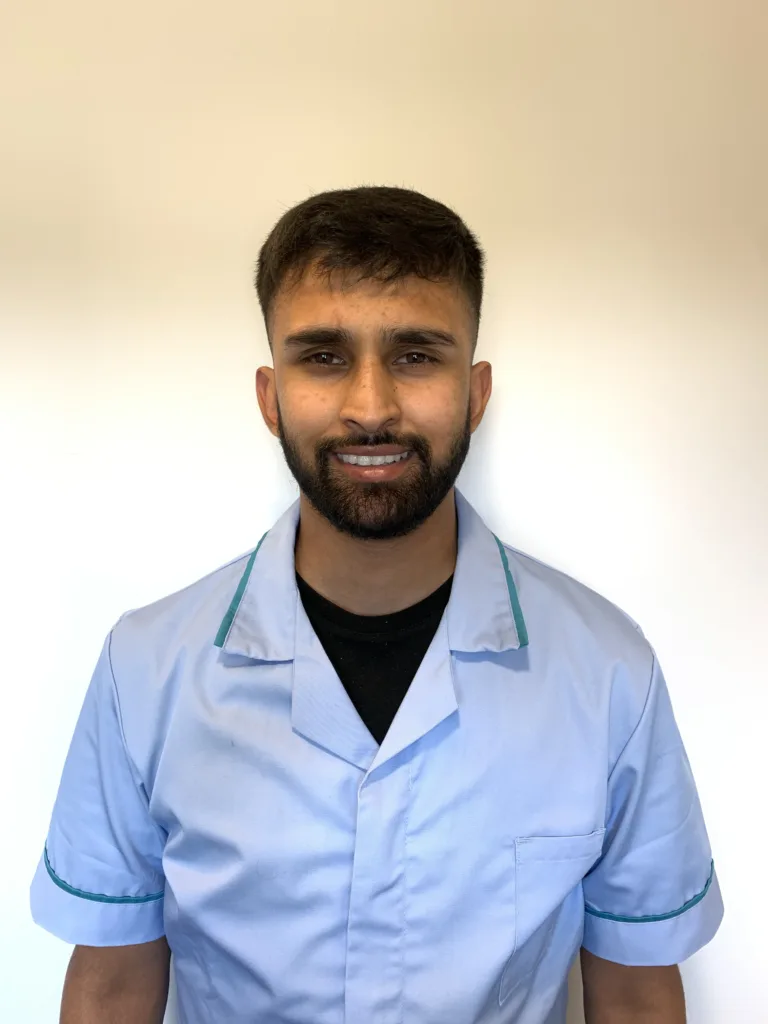
Aabid Hussain
Research is the driving force behind the NHS, guiding evidence-based care, catalysing medical breakthroughs, and propelling us toward better health outcomes with each considered decision.
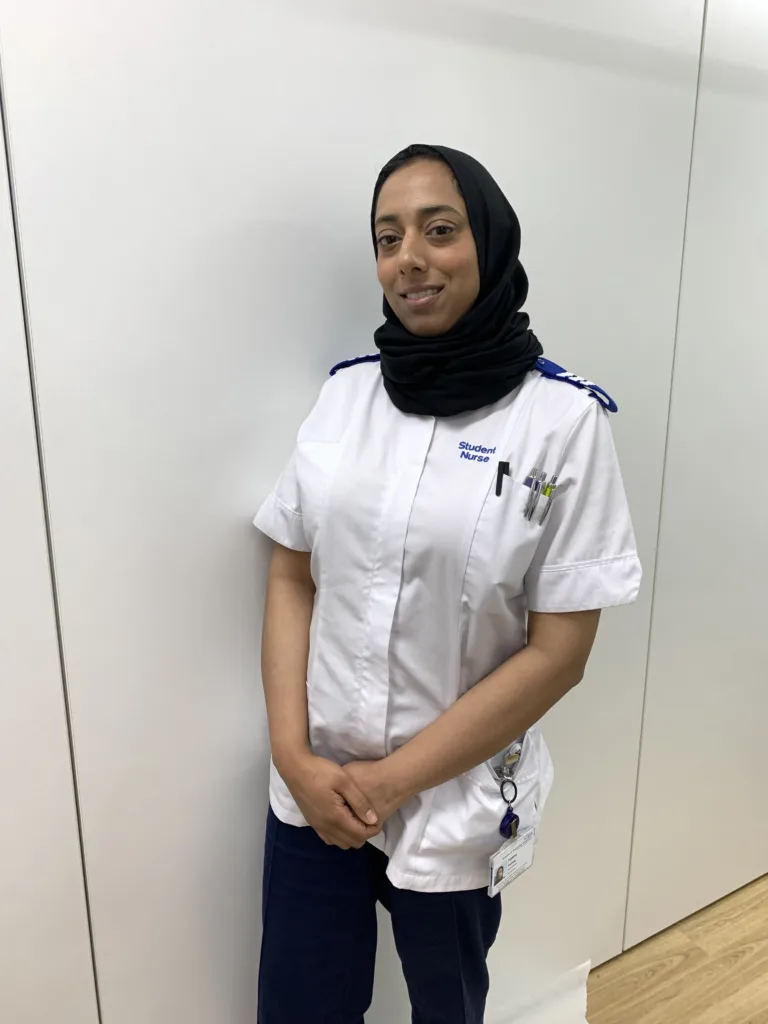
Faatima Farooq
Research empowers us with knowledge and insight into every part of our lives.

Dr Steven Lindsay
Research is important because the treatments of today are built on the research of yesterday. The research we do today is the path to better, more effective treatments in the future. Without research we cannot advance the practice of medicine and healthcare.
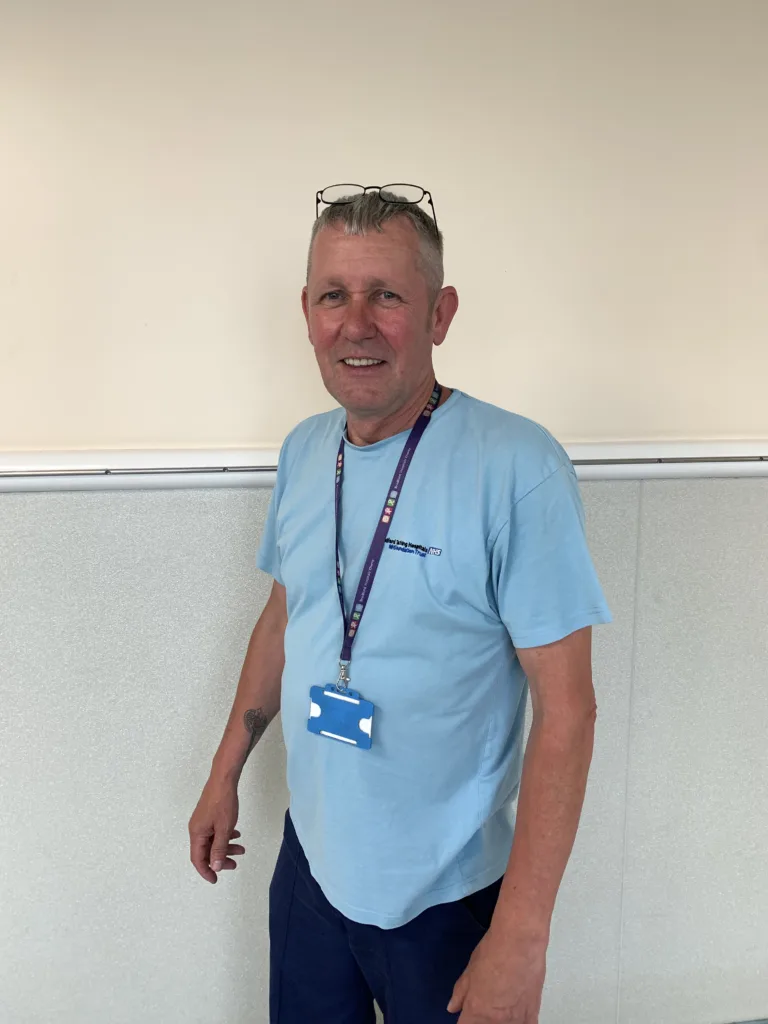
Mal Smith
Research is important to improve quality of life and I take part to help the people who come after me with health problems.
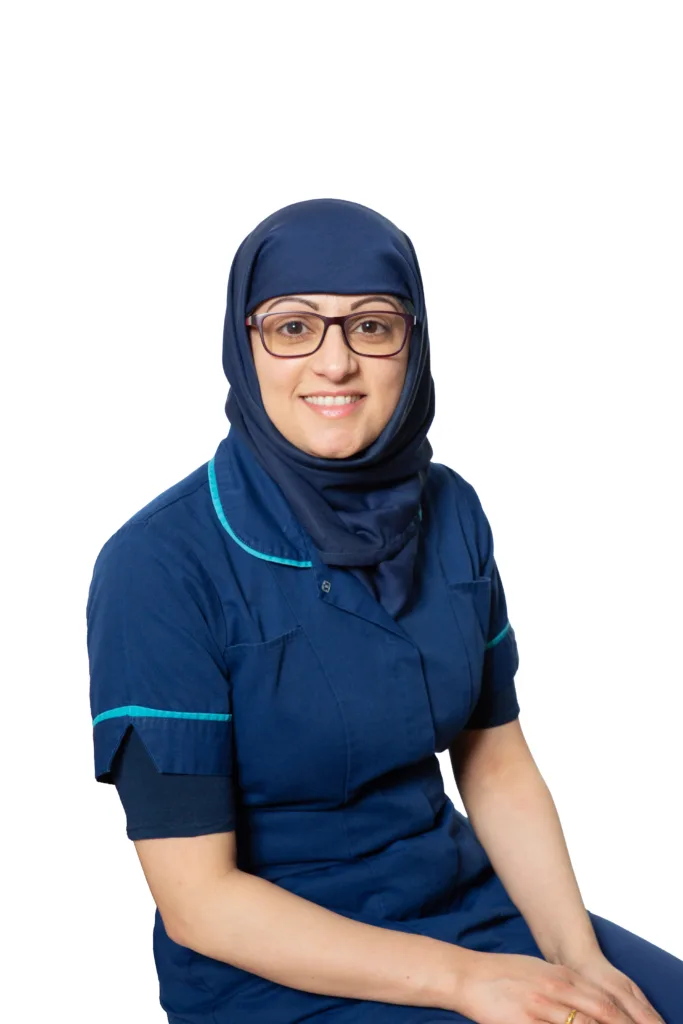
Nasim Akhtar
Research is important because it can allow health care professionals to learn about diseases and illness by gathering and providing evidence of the different diseases to help improve outcomes and find a cure for healthier lives.
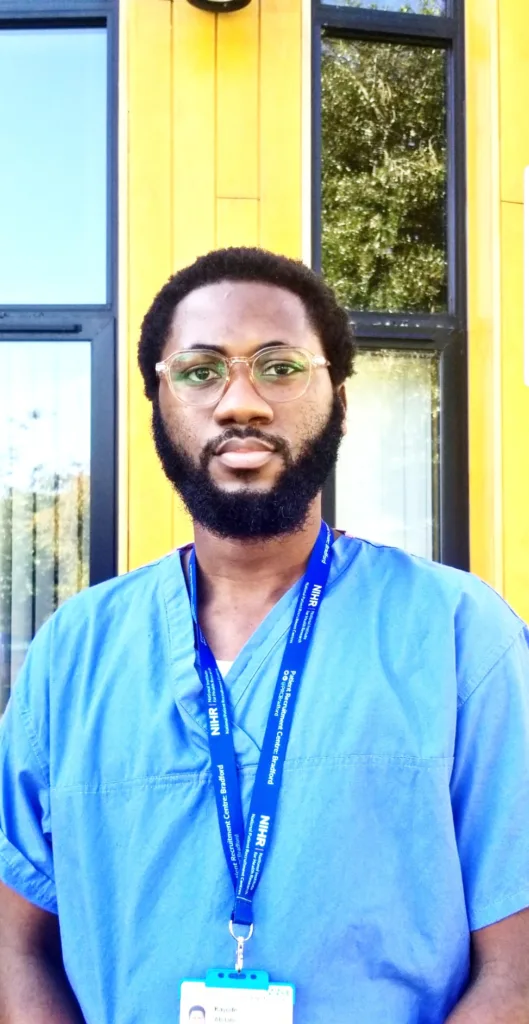
Kayode Afolabi
In light of new and emerging diseases and the changing dynamics of existing conditions including response to existing medications and other forms of treatment, clinical research, where we ethically try new medications and or medical devices, is important for improvement in disease prevention and treatment thereby forming a bedrock for a perpetually improving population health.

Helen Wilson
Research is important to me because it contributes to the development of new medicines for our patients.
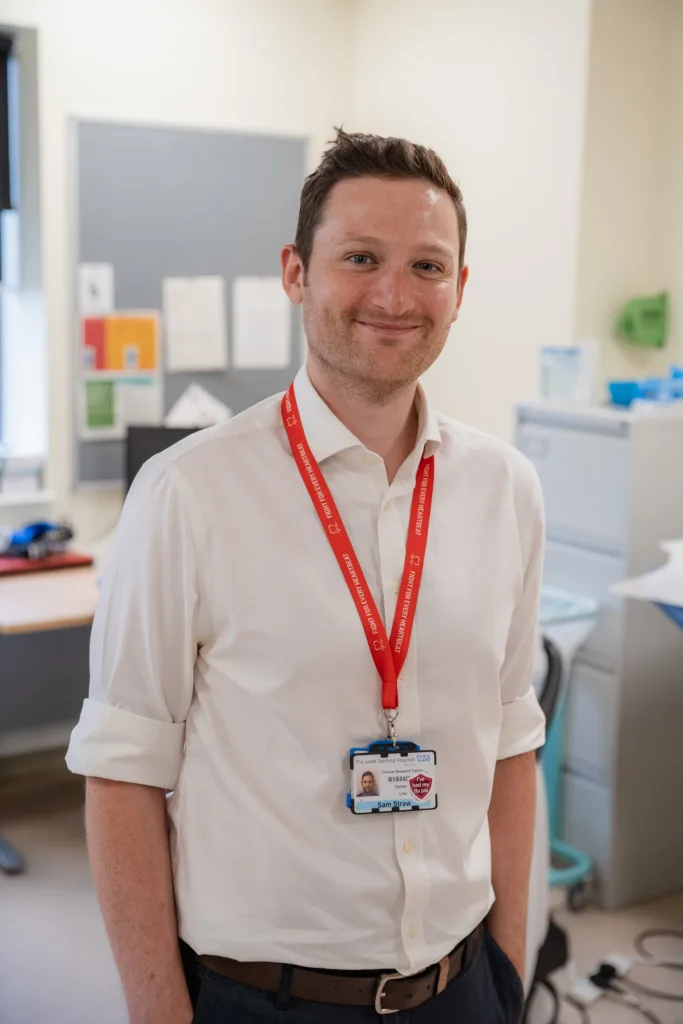
Dr Sam Straw
Research within healthcare is vital. In research-active hospitals, we know patients receive better care, have better outcomes, and have access to the latest innovations.

Shahima Begum
Research creates opportunities for better health, care and lives for my family, friends, and local community.

Dr Tom Lawton
Research is important because understanding the world around us is the first step towards improving it – and making sure we’re running in the right direction.
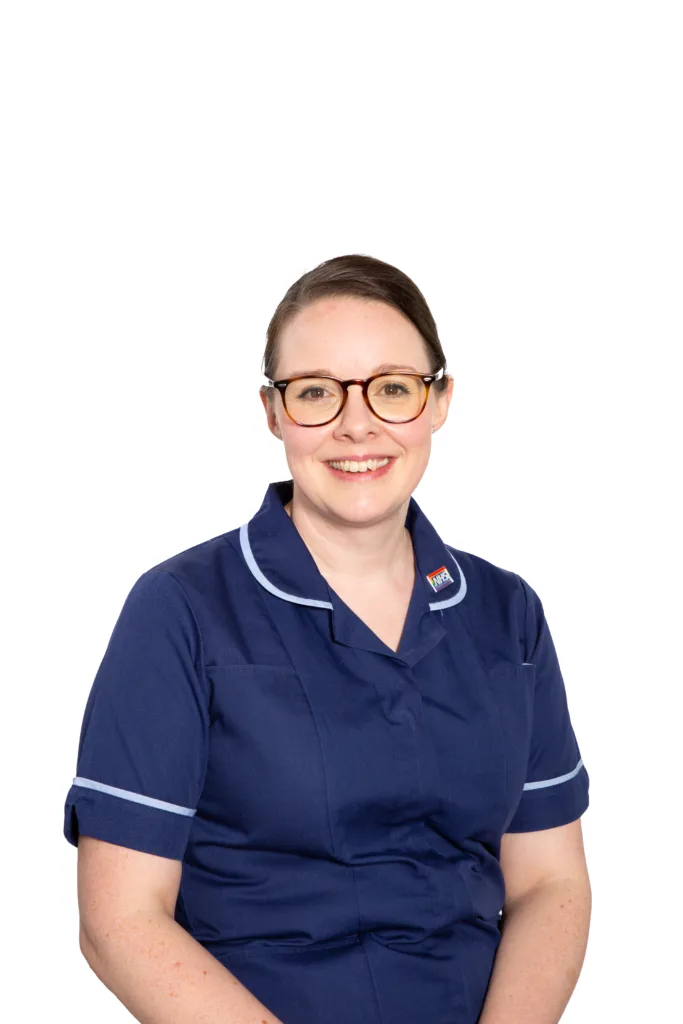
Jennifer Syson
Research is important because it improves care, saves lives, and gives us hope for the future.

Prof Chris Raine
Research tests the boundaries of our knowledge. This has been applied to the field of Cochlear Implantation and as a result changes to clinical criteria has resulted in more patients being safely and effectively treated.

Wendy Green
Research helps to improve the lives of patients living with kidney disease.

Craig Atkinson
Research is important because it helps detect, prevent, and treat diseases.
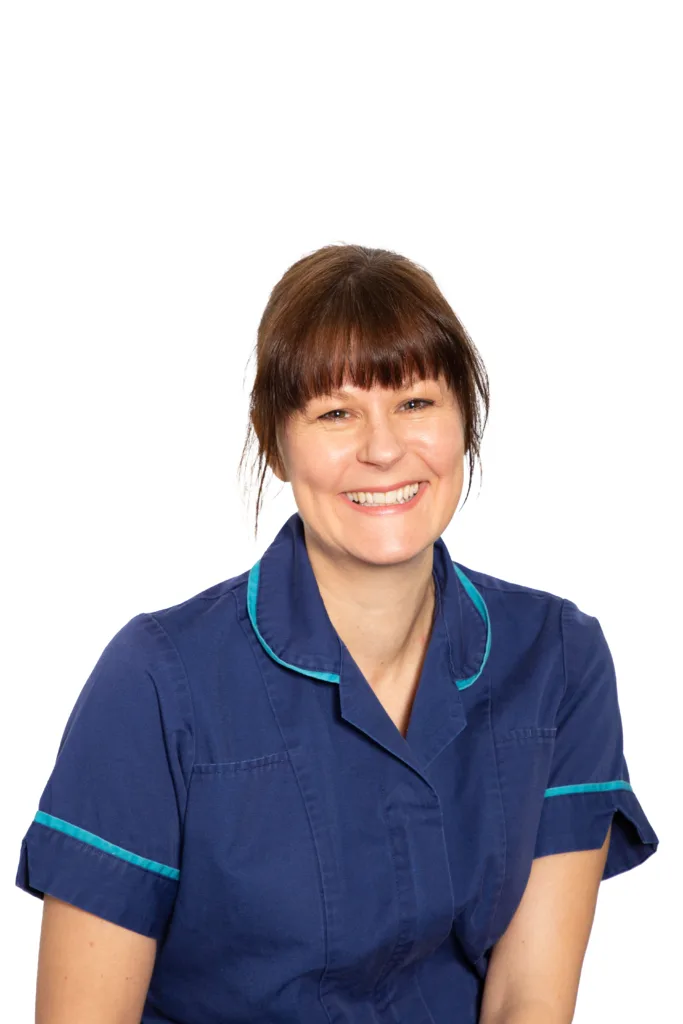
Nicci Hawes
It enables healthcare to advance, bringing new medicine and procedures to the frontline.
